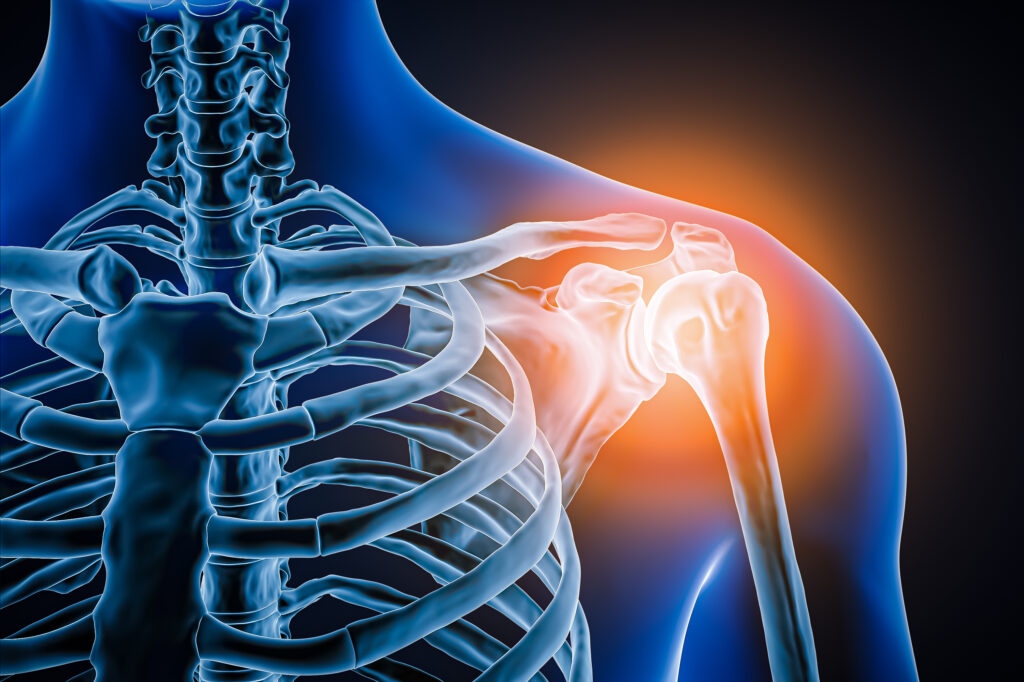Kienböck disease, a rare condition affecting the wrist, is characterized by severe pain and restricted movement, leading to significant challenges in daily life for those affected. Current therapeutic strategies include various palliative methods aimed at alleviating symptoms, yet many of these do not address the underlying issues of the disease. Recently, a study has emerged that investigates a more innovative approach to treatment: mesenchymal stromal cell transplantation.
The study, conducted by a team of researchers from the Royan Institute for Stem Cell Biology and Technology and the Iran University of Medical Sciences, aims to evaluate the safety of autologous bone marrow-derived mesenchymal stromal cells (BM-MSCs) transplantation following core decompression in patients with Kienböck disease. This technique is particularly noteworthy due to its potential for regeneration and immunomodulation within the necrotic tissue of the wrist.
The authors of this impactful study include Bahareh Sadri, Narges Labibzadeh, Lida Mirmorsali, Marzieh Ebrahimi, Abolfazl Bagherifard, Leila Arab, Nasser Aghdami, Hoda Madani, Alireza Beheshti Maal, Shahedeh Karimi, Saeed Reza Mehrpour, Mohsen Emadedin, and Massoud Vosough. Their collaboration signifies a multidisciplinary approach to understanding and potentially mitigating the effects of Kienböck disease.
The significance of this research lies in its exploration of a treatment option that goes beyond conventional management by harnessing the regenerative capabilities of stem cells. By focusing on the transplantation of BM-MSCs, the researchers hope to offer hope to patients suffering from this debilitating condition, providing not only symptomatic relief but also addressing the underlying tissue damage.
As the study progresses, it will be crucial to monitor the safety and efficacy of this approach to ensure that it can be adopted into broader clinical practice. The potential for mesenchymal stromal cell therapy to revolutionize the treatment landscape for Kienböck disease is an exciting prospect, and it underscores the importance of continued research into innovative therapeutic strategies for rare conditions.
In conclusion, the ongoing investigation into the use of autologous BM-MSC transplantation post-core decompression represents a promising frontier in the treatment of Kienböck disease. It highlights the need for innovative approaches in managing conditions that significantly impact patients’ quality of life. The collaboration of esteemed researchers from the Royan Institute and the Iran University of Medical Sciences illustrates the power of teamwork in advancing medical science and improving patient outcomes.


